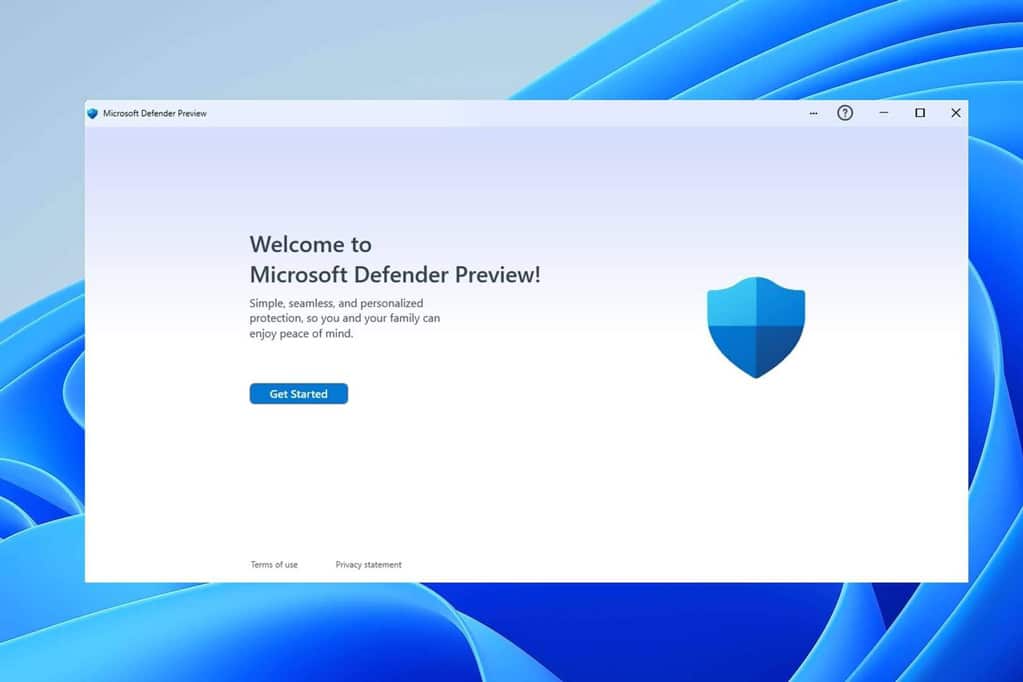New cloud security measures were presented by Microsoft today at its Ignite conference. Currently in public preview, the new apps will initially integrate with GitHub and Azure DevOps before moving on to other products in the Microsoft 365 suite.
According to Shawn Bice, Microsoft’s CVP for cloud security, the new apps, Defender for DevOps and Defender Cloud Security Posture Management (or Defender CSPM, to use its more memorable acronym) were developed in response to the growing problems that businesses are having with technical support, computer systems, and support services as they use cloud-native services to deploy and manage applications.
These two new applications within the Microsoft Cloud services (previously Azure Defender) are intended to manage software development and runtime security across multi clouds and multiple-pipeline environments.
According to analyst reports, these companies, e-commerce ones for example, that have a high computer user population usually have limited visibility and few targeted mitigations, like virtual agents, which leads to reactive rather than proactive behavior. In cases like this, NovusTech is here to help you and your business. Our managed IT services take care of day-to-day IT support so you can concentrate on running your business. They cover your cybersecurity and comprehensive system health.
Why Is Cloud Security Important?

Online life has incorporated the cloud to a significant degree. It facilitates digital work, it helps connect people and has sped up organizational innovation. However, it’s not always obvious where the data itself is being held when friends share photos from their devices, coworkers work together on a new product, or governments provide an online service. Since everything is now connected to the internet, people may unintentionally migrate data to a less secure location, increasing the danger of illegal access to assets.
The importance of data privacy to both citizens and governments is rising. Organizations that gather data are required to do so openly and implement procedures that guard against misuse or theft in accordance with laws like the General Data Protection Regulation (GDPR) and the Health Insurance Portability and Accountability Act (HIPAA).
How Does Cloud Computing Help Your Business?

Due to the ongoing development and sophistication of threats involving data theft, cloud computing is just as vulnerable to hazards as an on-premises infrastructure. Hence, strong cloud security is essential for businesses using the cloud. It is essential to work with a dedicated IT managed services provider, like NovusTech who offers a top-notch solution that has been customized for your infrastructure for this reason.
Cloud Computing Benefits
- Lower costs
- Dependability
- Scale easily
Lower costs
One advantage of using cloud security and storage is that it eliminates the need to spend money on specialized hardware. This lowers administrative costs in addition to lowering capital expenses. Cloud security offers proactive security features that provide protection around-the-clock with little to no human interaction, replacing the reactive firefighting of security concerns by IT teams in the past.
Dependability
The Cloud offers the ultimate access management, making it very dependable. With the right measures in place, users can safely access data and applications within the cloud no matter where they are or what devices they are using, and that data will be protected from malicious threats, with real time alerts and other cloud data security solutions.
Scale easily
Organizations are becoming more and more aware of the numerous business advantages of shifting their systems to the cloud. Through the use of agile systems and scalable operations, cloud computing enables businesses to gain a competitive edge.
How Does Cloud Security Work?

Cloud service providers and their clients share responsibilities for cloud security. The level of accountability varies according to the services provided:
- Infrastructure as a Service
- Platform as a Service
- Software as a Service
Infrastructure as a Service
In this framework, cloud service providers provide on-demand access to computing, networking, and storage resources. The security of the essential computing services is the provider’s responsibility. Customers are responsible for securing any components that sit on top of the operating system, including applications, data, runtimes, middleware, and the latter.
Platform as a Service
A complete development and deployment environment in the cloud is another service that many companies provide. In addition to the basic computing services, they are in charge of securing the runtime, middleware, and operating system. Customers are required to protect their end-user networks, end-user devices, end-user applications, data, and user access.
Software as a Service
Pay-as-you-go software services like Google Drive and Microsoft Office 365 are also available to organizations. Customers in this approach are still responsible for securing their data, users, and equipment.
Microsoft Defender And Security Posture
Microsoft Defender meets a few requirements that are vital, as you manage the security of your resources and workloads both on-site and in the cloud:
Defender for Cloud guidance secures your workloads by taking step-by-step precautions to protect them from known security threats. It also protects your workloads in real-time, enabling you to react quickly and stop security events in their tracks.
Microsoft Defender continuously evaluates your security posture, thus allowing you to keep track of emerging threats or opportunities, find solutions to problems before they escalate and accurately analyze the secure results of your business activities.
How Does Microsoft Protect The Code?

In response to the rapid cloud transformation journey that Microsoft cloud clients are experiencing, Microsoft announced through email that there is an urgent need for a unified solution to handle security from development to runtime in multicloud and diverse pipeline configurations.
In order to do this, Defender CSPM performs contextual risk analysis in software development environments. The resulting observations and suggestions are supplied into source code management platforms like GitHub and Azure DevOps to support remediation efforts. Users of the Microsoft cloud can instead create workflows that are connected to security recommendations to start automatic cleanup.
According to a 2020 analysis from Microsoft cloud, 59% of cybersecurity teams claim to receive more than 500 messages about cloud security per day, the majority of which are false positives. The broad tool ecosystem and dearth of technical support are usually cited as reasons why maintaining code security is exceedingly challenging. According to a recent survey, 41% of DevOps teams admitted to using six to ten tools in their toolchains for development, which led them to ignore security threats.
Defender CSPM additionally provides “attack queries” that security teams in a company may use to look into risk and threat data, a dashboard that lists all the rules implemented across development environments, and tools that let security managers make new rules.
The resource configurations and security status of the app code for pre-production are shown by Defender for DevOps. Security teams can use the service to enable templates and container images that are meant to lessen the possibility that production environments will be jeopardized by cloud misconfigurations.
Final thoughts
Microsoft is committed to enabling safety solutions for everyone and has created a thorough cloud security benchmark that spans many clouds. In addition to these new technologies, Microsoft is also launching a new Advanced Management Suite in March 2023. It is a premium endpoint management solution that is both cost-effective and efficient, with features like Remote Help, Endpoint Privilege Management, thorough endpoint analytics, and Microsoft Tunnel for Mobile App Management.
As a recognized supplier of IT solutions, NovusTech seeks to increase your understanding of IT technology, carry out a thorough evaluation, and construct a tailored cloud application especially for your business.


